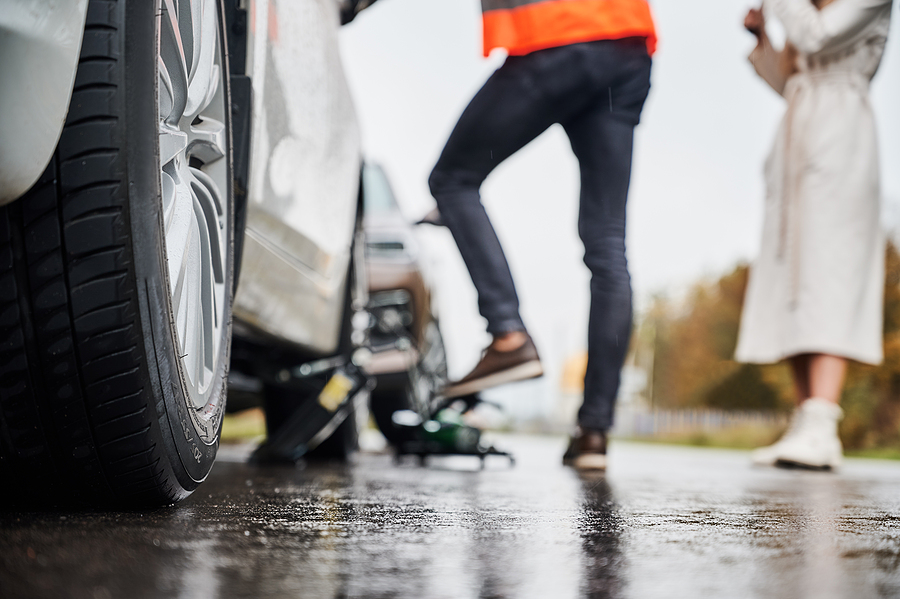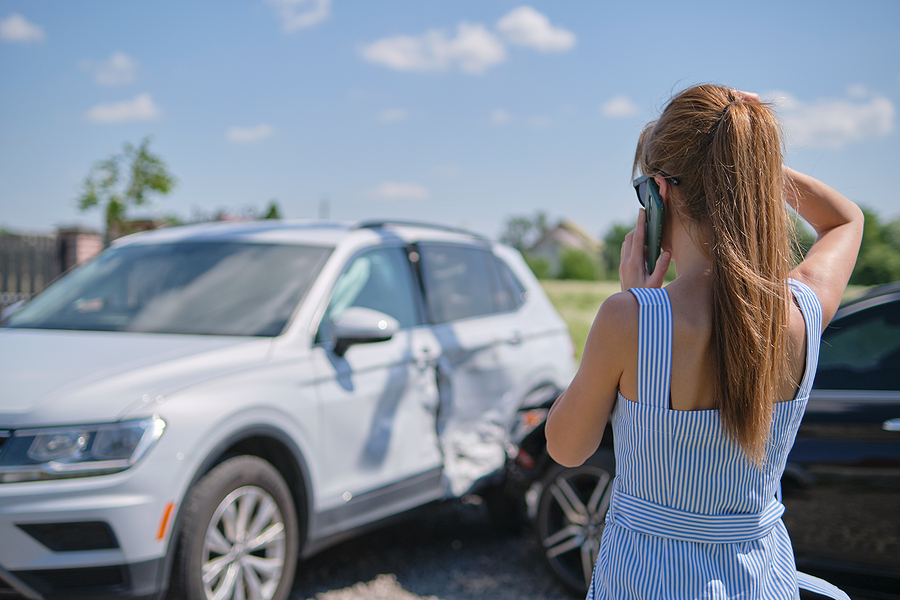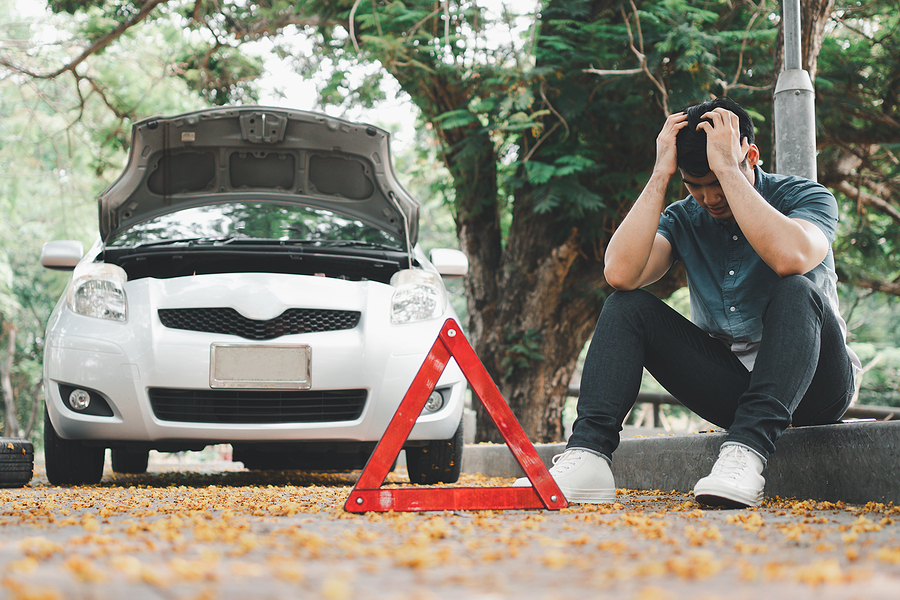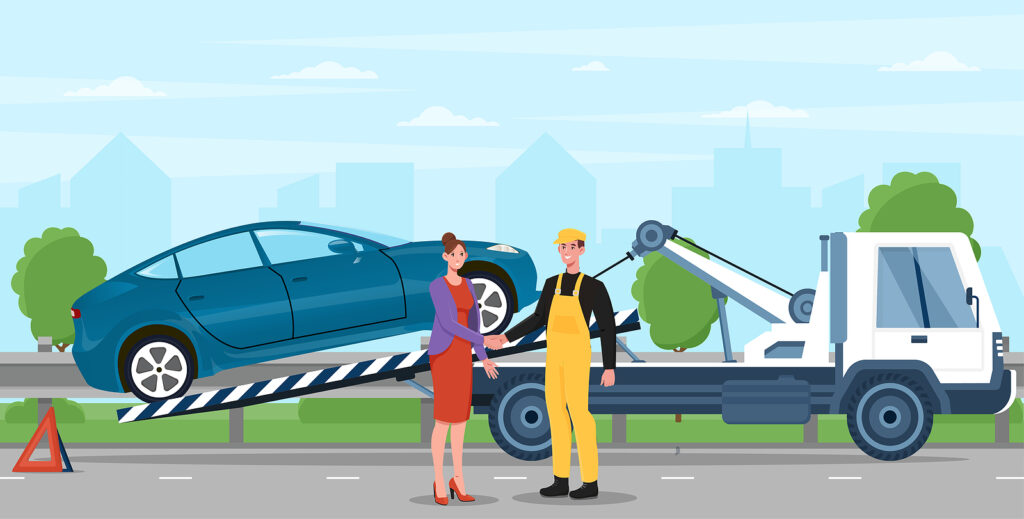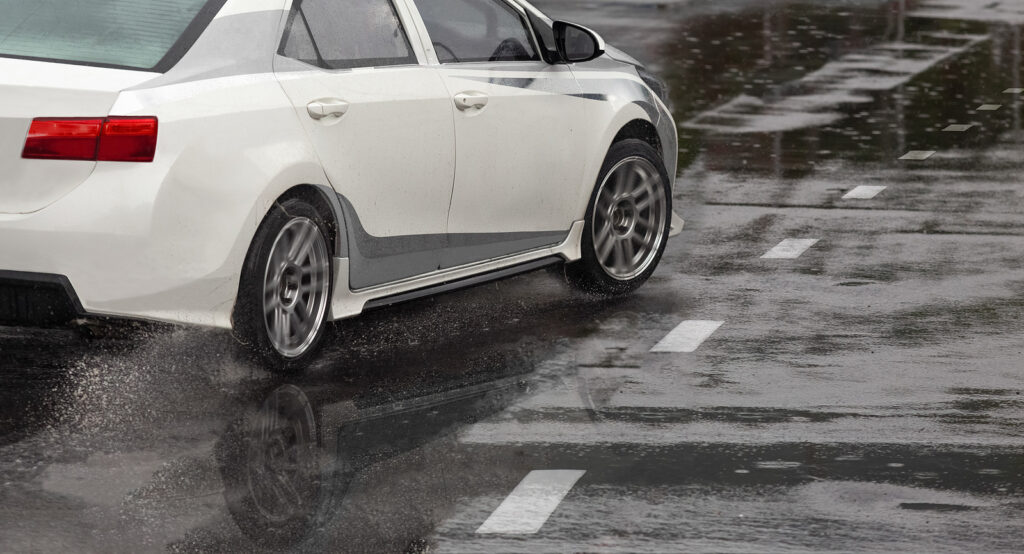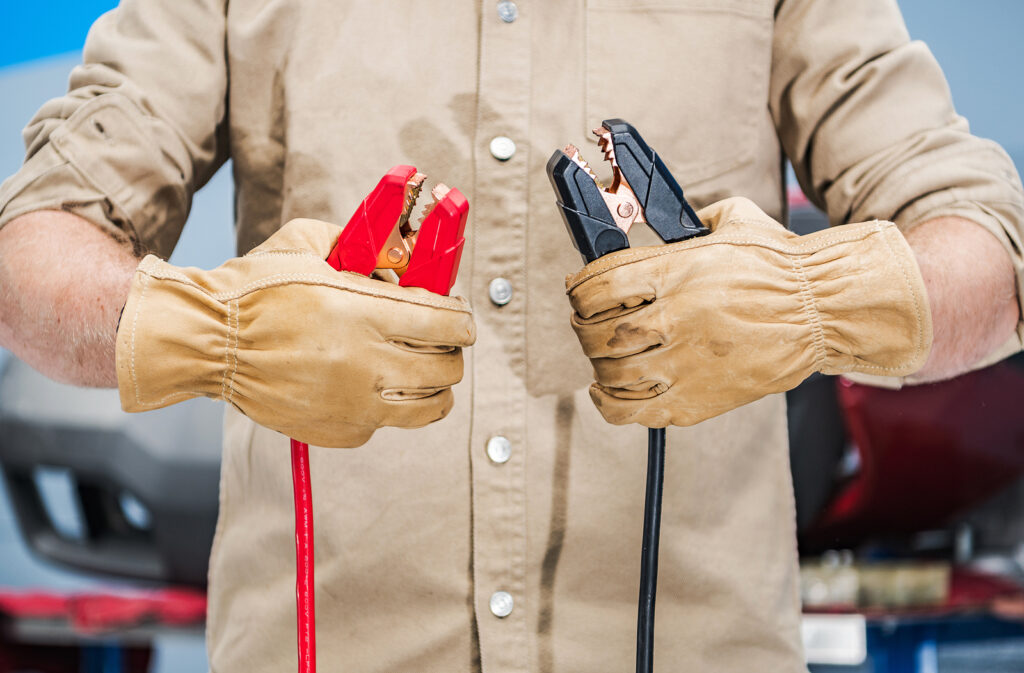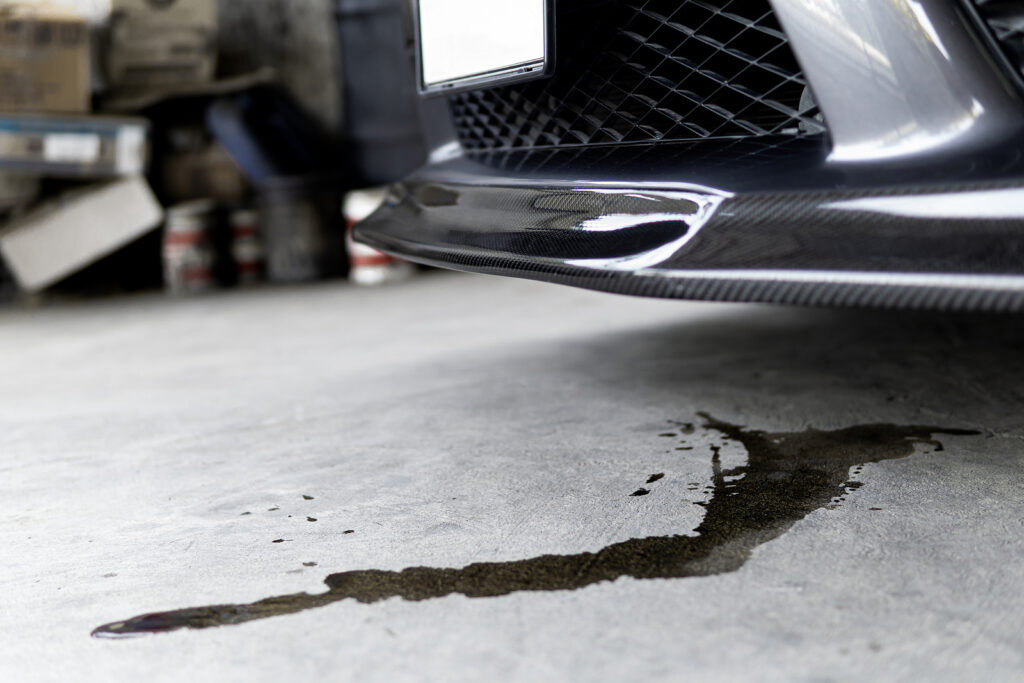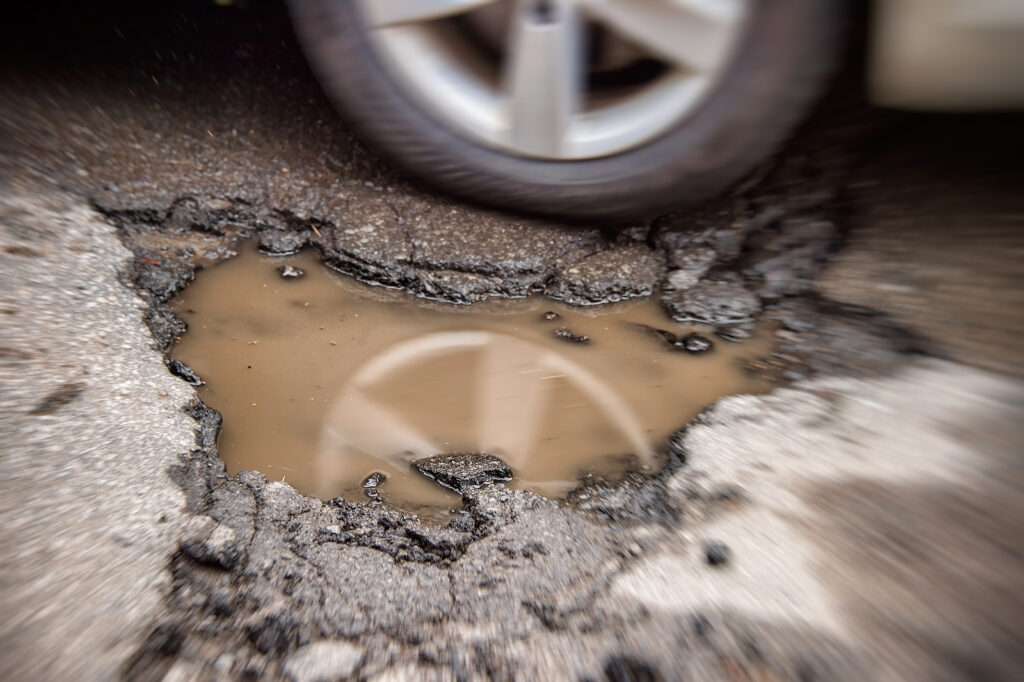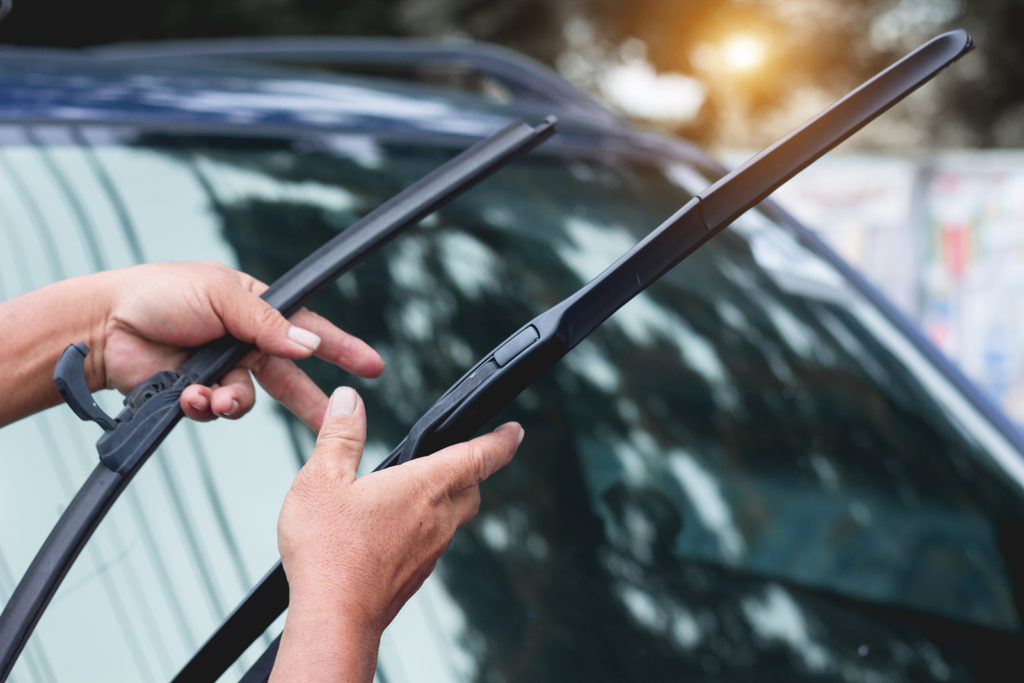Having to deal with a car breakdown can be a stressful and frustrating experience. In these situations, having the help of a professional towing service can make all the difference in getting you back on the road safely and quickly. A tow truck service will not only provide reliable assistance but also ensure your safety while transporting your vehicle to its destination.
Continue below to review some of the key benefits of hiring a professional towing company for any type of roadside emergency.
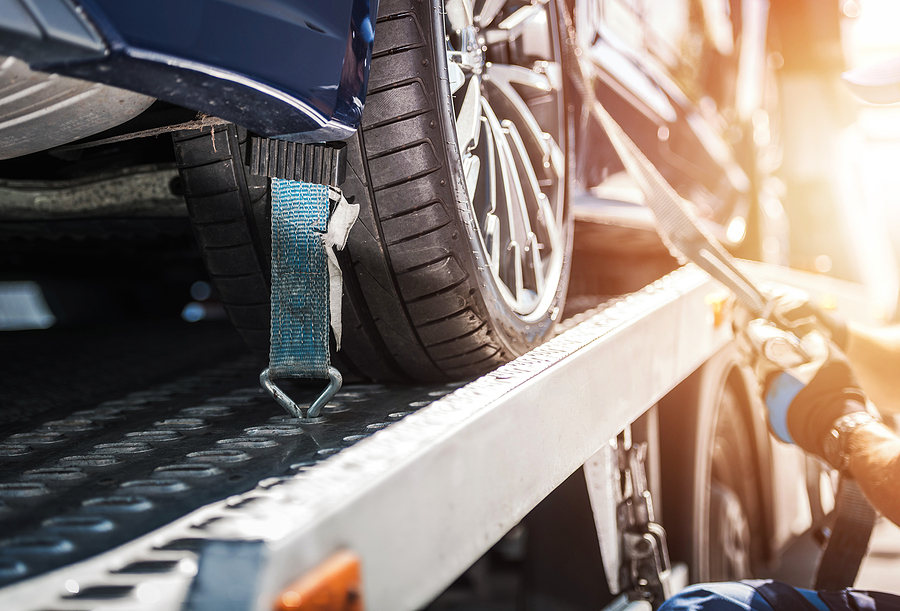
Why Choose Professional Towing Services
1. Swift, Dependable Service: Professional towing services are available 24/7 and can quickly dispatch a tow truck to your location. They understand the urgency of getting you back on the road and will arrive prepared with the necessary tools and equipment to get the job done promptly.
2. Safe Transportation: A professional towing service takes great pride in providing safe transportation for your vehicle and its passengers. They will carefully assess the situation to determine the safest way to tow your car, and their experienced drivers know exactly how to maneuver even difficult towing jobs with precision.
3. Comprehensive Assistance: In addition to safely transporting your vehicle, a professional Indianapolis tow truck service can provide comprehensive assistance to get you back on the road. This may include jump-starting your car, changing a flat tire, repairing small vehicle issues, transferring gasoline, and more.
4. Affordable Rates: Professional towing services typically charge reasonable rates for their services, ensuring that even those with limited budgets can take advantage of their expertise and assistance.
Save Time and Money With a Licensed Towing Company
In conclusion, hiring a licensed and insured central Indiana tow truck service can save you time and money while providing peace of mind knowing that your vehicle is being handled by experienced professionals. Whether you experience a flat tire or car breakdown, the assistance from a 24 hour tow truck service will make all the difference in getting back on the road safely. So don’t hesitate to seek help from an Indiana towing company in the event of any roadside emergency.
How to Find the Right Tow Truck Service Near You
Navigating an emergency tow situation can be an overwhelming experience. Fortunately, it doesn’t have to be if you know how to find the right tow truck service for your needs. Start by researching tow truck companies in your area to get a sense of what’s available and their respective services – from light-duty tows to roadside assistance and much more.
If possible, contact tow truck services directly and verify questions related to customer satisfaction, pricing, insurance coverage, and any other relevant information before making your decision. Make sure they are properly insured as well as reliable and experienced in order to provide the best service possible. Once you’re satisfied with a tow truck service you should save their contact information so that you are prepared for any potential tow assisted scenarios down the road.
Are you in need of reliable towing services or emergency roadside assistance? Contact Zore’s Indy at 317-247-8484 for prompt and affordable towing services and emergency roadside assistance in Indianapolis, Indiana. We operate 24 hours a day, 7 days a week, and 365 days a year, including all National holidays.
Related Posts:
The Different Types of Roadside Assistance Services
Do These 4 Things if Your Car Breaks Down on the Road
Cost Saving Tips for Transporting Heavy Equipment

